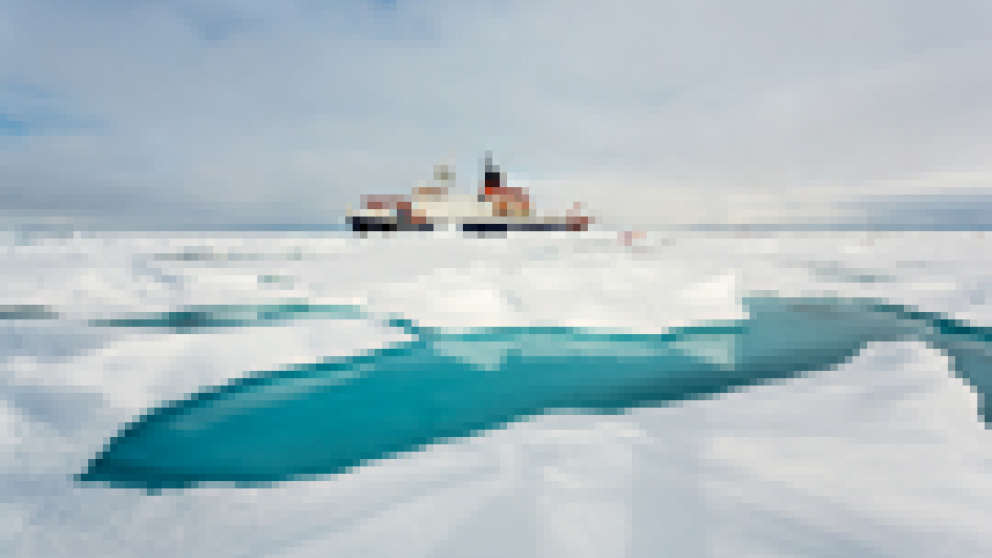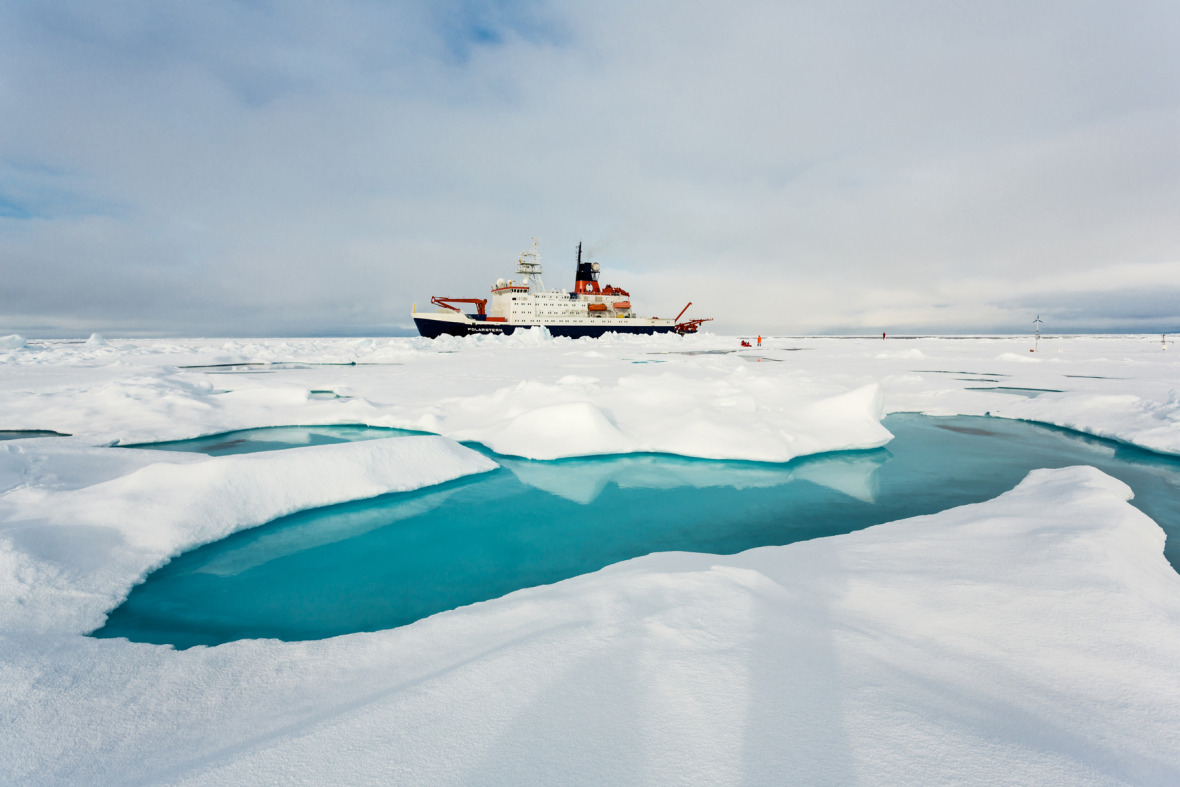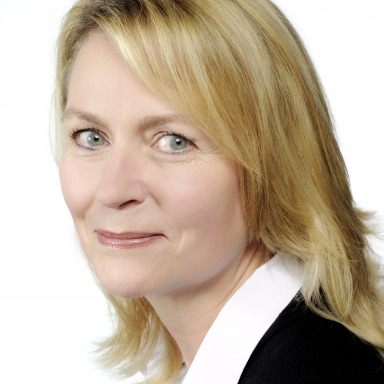Headline:
The Changing Arctic – International Potsdam Summer School Starts on 23 June

Rising temperatures, melting sea ice, new sea routes, mining of previously unexploited resources – the Arctic is currently experiencing rapid change with grave consequences. The huge challenges presented by the “Arctic in the Anthropocene” are the focus of the first Potsdam Summer School. From 23 June to 4 July 2014 38 up-and-coming scholars from 26 countries will discuss urgent matters concerning climate change in the Arctic. Geoscientists, climate scientists, mathematicians and oceanographers will work together with sociologists and political scientists to come up with solutions to controversial developments. A public panel discussion on 30 June intends to raise awareness of the different views and assessments of the situation.
Due to global warming the rise in air temperature in the Far North has been twice as high as the global average. The shrinking Arctic sea ice is the clearest illustration of this. Scientists fear that the North Pole could be ice-free in summer in less than 40 years’ time. The warming of the Arctic also has far-reaching effects well beyond the region. At the same time, distant regions influence conditions in the Far North: consumer behaviour in industrial countries is one of the main reasons for the transformation of the Arctic.

Photocredits: (c) Stefan Hendricks, Alfred Wegener Institute
The demand for oil, gas, ore, precious metals and rare earth elements from the Arctic comes mainly from heavily populated centres in Europe, North America and Asia. New shipping routes are leading to further development of the Far North. All of this has drastic effects on the region’s sensitive ecological and climate system with potential feedback effects on climactic and environmental conditions across the globe. Not least, this complex situation raises legal and political questions regarding territorial claims and accountability for problems.
Against the background of the Arctic’s vital role in global climate processes, participants in the two-week Summer School will discuss possible paths, risks and challenges with scientists, politicians and industry representatives and explore options for shaping a sustainable future in the Arctic. The Summer School – the first such event to be held in Potsdam – is organised by several Potsdam-based research institutes that are actively studying the Arctic. In addition to the Institute for Advanced Sustainability Studies (IASS), they include the University of Potsdam, the Helmholtz Centre Potsdam – German Research Centre for Geosciences (GFZ), the Alfred Wegener Institute, Helmholtz Centre for Polar and Marine Research (AWI) and the Potsdam Institute for Climate Impact Research (PIK). The city of Potsdam is also a partner in this event.
The participants in the public panel discussion on “The Changing Arctic: What challenges are we facing?” are:
- Prof. Hans-Joachim Kümpel, Federal Institute for Geosciences and Natural Resources, Hannover
- Prof. Hans-Wolfgang Hubberten, Alfred Wegener Institute, Potsdam
- Prof. Peter Lemke, Alfred Wegener Institute, Bremerhaven
- Prof. Nele Matz-Lück, Christian-Albrechts-Universität in Kiel
The discussion will be chaired by science journalist Thomas Prinzler. Admission free.
Please register to attend the discussion via e-mail: pss2014 [at] geo [dot] uni-potsdam [dot] de (pss2014[at]geo[dot]uni-potsdam[dot]de).
Date and time: 30.6.2014, 18.00–21.00
Venue: University of Potsdam, Campus Am Neuen Palais, 14469 Potsdam, Haus 12, Obere Mensa
Further information on the Summer School participants and programme can be found at: http://potsdam-summer-school.org

